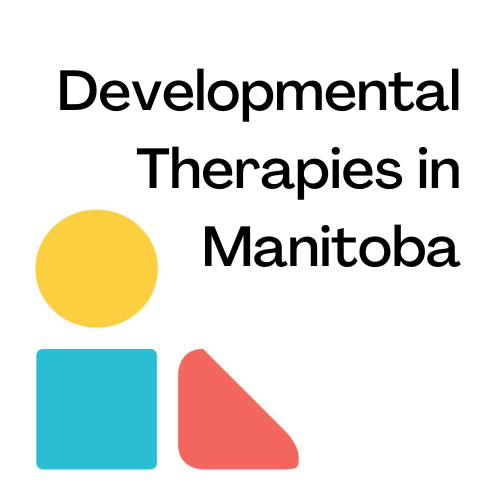Choosing a Therapy
Developmental therapies are different from Applied Behavioural Analysis, which is commonly recommended and funded.
Finding out that your child is on the autism spectrum is a challenging and stressful time in your family’s life. There are so many things to learn and unlearn, and the terms and options can be bewildering.
The therapy program you choose will depend on many factors. Whatever you choose, you will likely not feel absolutely sure it’s the right choice. But whatever you do, know that along the way you will meet people who want to help your child become the best that he or she can be, and that there are strengths and weaknesses to every program. As your child grows and develops, you may also find you need to change your approach. An effective autism treatment will draw from more than one source. It’s a matter of finding the resources that fit the ways your child needs to grow.
On this website our goal is to help you know more about the advantages of developmental approaches to autism therapy.
As part of your decision-making process, we recommend that you take a look at the following article by Dr. Barry Prizant, entitled Treatment Options and Parent Choice. It’s part of a series, and if you find it interesting you can find the rest here on Barry Prizant’s website.
Whatever therapies you choose to try, it’s important to remember as a parent you still have a say in the priorities and strategies in your child’s program.
In Manitoba, children diagnosed with autism (and other disabilities) are referred to Children’s disAbility Services (Manitoba Family Services, Government of Manitoba).
This is a service that assists families who have children with developmental and/or physical disabilities with some of the additional needs they may have. A family services worker (FSW) is assigned to each child, who informs parents of resources and services available to them, including speech therapy, occupational therapy, physical therapy, and respite. A FSW will make referrals, answer questions, and provide support as needed.
For autism intervention, there are three publicly-funded programs available in Manitoba:
Preschool Autism Outreach
(Manitoba Family Services)
Autism Outreach is an autism intervention program that teaches parents to work with their child, including many ideas from DIR/Floortime (a play-based approach developed by Dr. Stanley Greenspan). Goals include encouraging attention, engagement, two-way communication and language, problem-solving, and developing imagination and ideas.
When your child is diagnosed, information about this program will be shared with you. More information on Winnipeg’s program can be accessed through Family Support Workers (Children’s disAbility Services). It is available in Winnipeg, and is now offering rural services.
The Relate Program: Relationship Development Intervention (RDI)
RDI is available through private therapists and through a program at the Rehabilitation Centre for Children. RDI® is a parent-based intervention program where parents are provided with the tools to teach their children motivation, friendship, empathy and a love of sharing experiences with others. In common with DIR/Floortime, it is based on the field of developmental psychology. The Relate Program is fully funded and is for any child whose developmental disability limits their ability to communicate.
St. Amant – ABA
St.Amant offers support with a behavioral perspective through its Early Learning Program. ABA is not a developmental approach. Rather, it looks at measurable behaviors and works to change a child’s skills and actions to be more socially acceptable. An article that contrasts the two approaches by Barry Prizant and Eve Mullen, can be found here. Some families want to try combining ABA with other therapies, although in Manitoba a child may not be publicly funded in both programs at the same time. This program is fully funded by the government and available throughout the province.
If Your Child is School-Age
Unfortunately, entry into Autism Outreach is available only to children who have not yet reached their 5th birthday. The Relate Program does not have age restrictions, but is limited in scope. If your child is older, you may find help from MATC (Manitoba Adolescent Treatment Centre, actually for school age and up) or through private therapists (speech, occupational therapy, RDI). Some resources may be available through your school. Your Family Services Worker will be able to help you find what is available. Don’t forget – as a parent you are your child’s most powerful teacher and advocate. With the right information and support, you can develop the skills to help your child yourself.
While You’re On the Wait List…
Time spent on a wait list doesn’t have to be wasted time. Take the time and opportunity to learn as much as you can, connect with others who have similar experiences, and begin to apply what you learn to the way you interact with your child.

